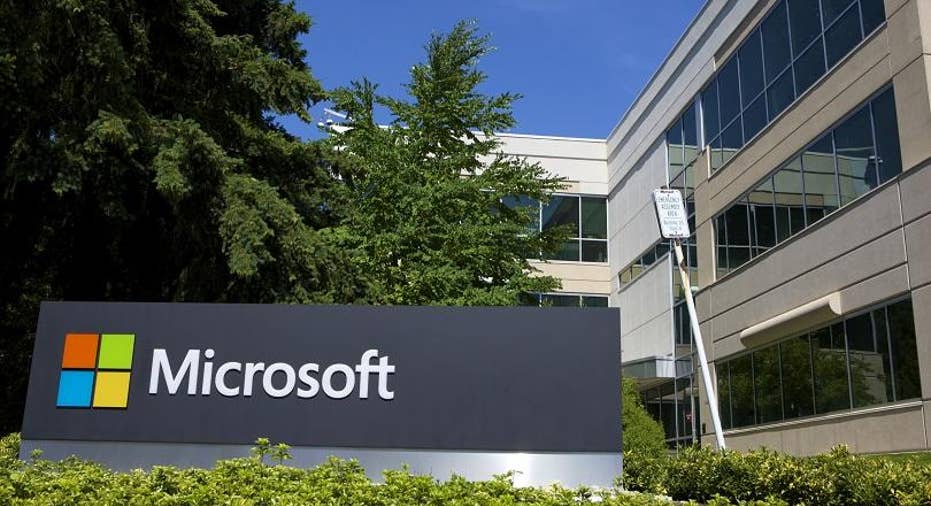Microsoft Acquires AI-Powered Scheduling Service Genee

Trying to schedule a meeting with a large group of people is basically the worst. Microsoft wants to make it easier in Office 365.
Redmond has signed an agreement to acquire Genee, an artificial-intelligence-powered scheduling service. Financial terms of the deal were not disclosed.
Microsoft plans to leverage this technology to "accelerate intelligent experiences" in Office 365, according to a blog post from Corporate Vice President of Outlook and Office 365 Rajesh Jha.
The existing Genee service will shut down on Sept. 1, and will no longer send users reminders and agendas after that date. Any calendar entries created by Genee before the shutdown will remain on your schedule.
"The Genee team will take the valuable experiences and lessons that you taught us to Microsoft, where we'll continue to build amazing next generation intelligent experiences," Genee Co-founders Ben Cheung and Charles Lee, who plan to join Microsoft, wrote in their announcement.
Launched in 2014, Genee aims to simplify the time-consuming task of scheduling (and rescheduling) meetings," Jha wrote. "It's especially useful for large groups and for when you don't have access to someone's calendar."
How does it work, exactly? Genee uses "natural language processing and optimized decision-making algorithm" to mimic a real-life assistant. Say you need to schedule a meeting with a potential customer. Just send that person an email and copy Genee, like you would a personal assistant.
"Genee understands that you want to 'Find a time to meet with Diana for coffee next week' and will streamline the process by emailing her directly with appropriate options that work with your calendar and preferences," Jha explained. "Genee will even send out the meeting invite on your behalf — freeing up your time."
Meanwhile, this isn't Microsoft's first crack at simplifying meeting scheduling. The software giant late last year released an Outlook add-on dubbed FindTime, which simplifies the process of finding a meeting time that works for all parties involved.
This article originally appeared on PCMag.com.



















